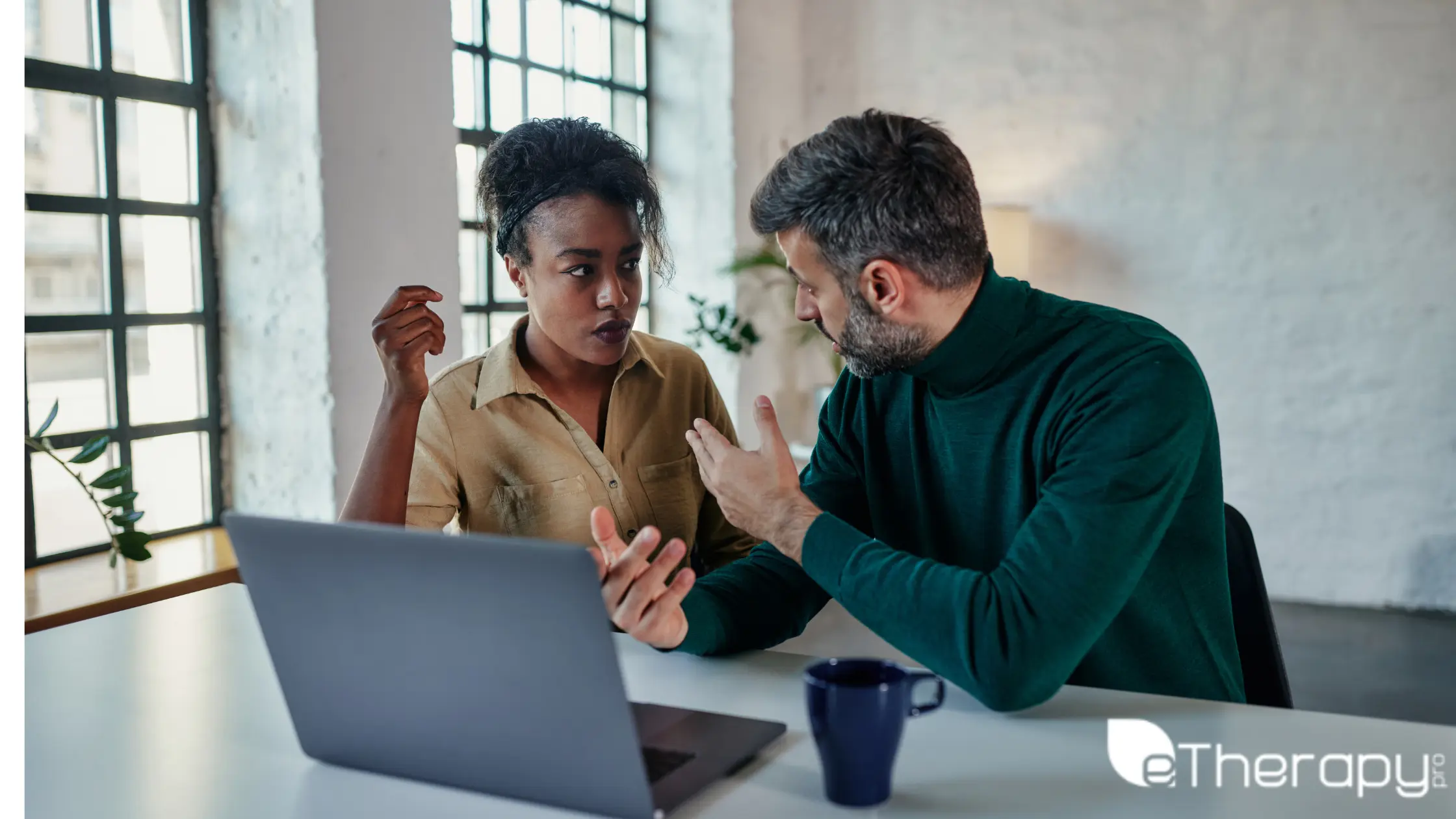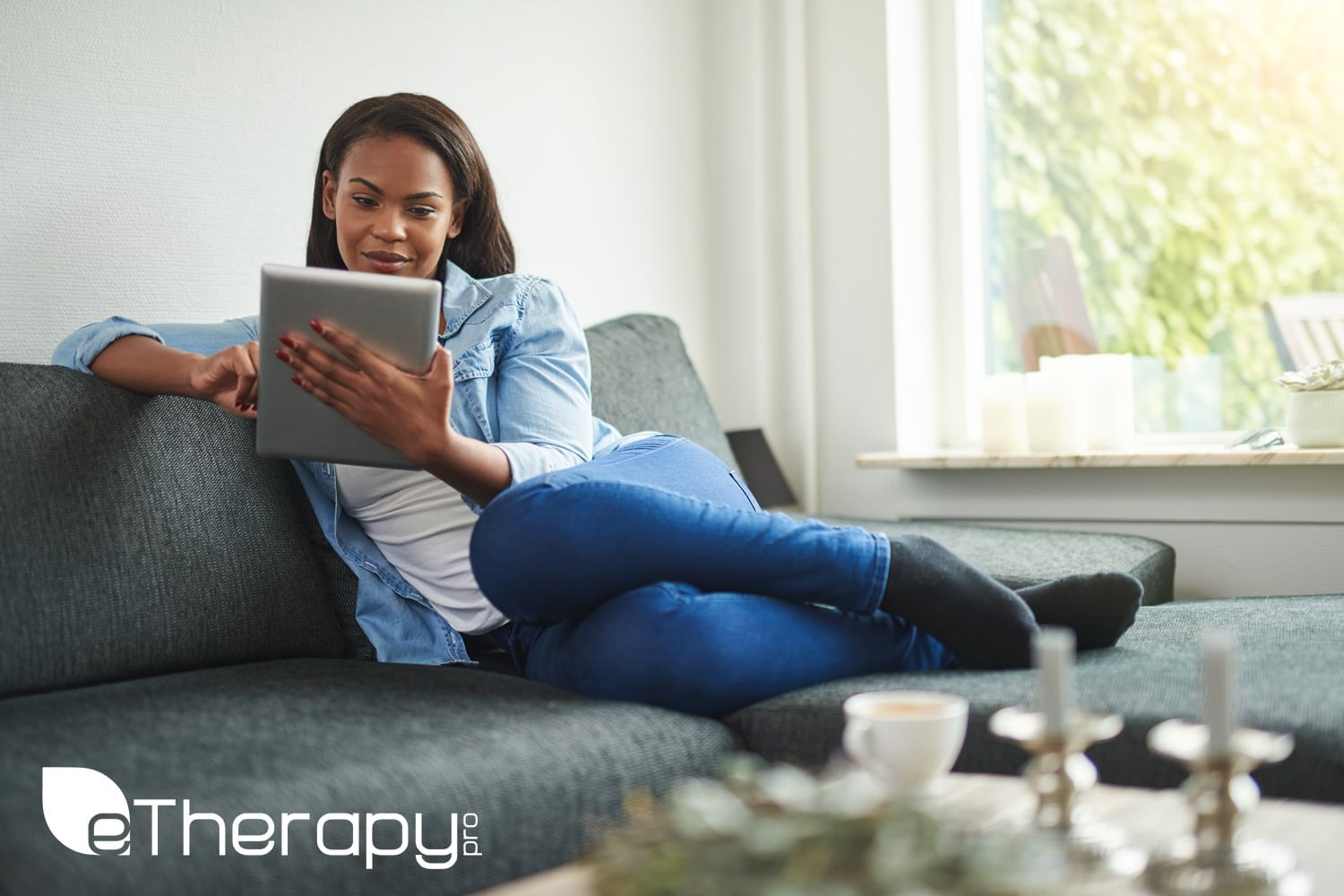If you’re attending a couple’s therapy session online, it can be difficult to manage communication. Many people believe that face-to-face therapy is more effective in these cases and don’t try online therapy. However, research shows that there’s a good track record for couples when they get behavioral therapy online. Here’s a look at some steps that can help you make your couple’s therapy session a success:
1. Agree to Attend (Therapy For Couple)
Attending therapy with mutual consent is a positive step and ensures you’re both in the right mindset. It is easier to go through discussions and arrive at a reasonable solution to your issues if both participants are willing to work on the relationship.
2. Choose a Counselor With Experience(Therapy For Couple)
Choose a counselor who has experience with couples therapy. Different issues require different approaches. Couple’s therapy doesn’t require the same approach as depression or anxiety. That’s why you need to find a therapist with qualifications and experience in marriage or relationship counseling. The therapist should know how to mediate between two opposing parties, help them understand one another, and then facilitate better communication.
If the counselor has experience with couples counseling, your therapy will have a higher chance of success.
3. Create a Positive Atmosphere(Therapy For Couple)
It is important to create a positive atmosphere around you when you attend therapy. This means you need to make sure your surroundings are clean, there are no distracting elements, and you have some privacy. Make sure your children are occupied or in someone else’s care. Ensure that you don’t have any distracting elements around you.
It is a good idea to use a computer if you want to chat with the therapist together. A good atmosphere will ensure you are in a good mood and that will always have a positive impact on your therapy session.
If you are living separately, make sure your partner is also communicating from a safe and positive space. It is possible for partners living separately to attend the same therapy session, which makes eTherapy more versatile compared to regular therapy.
4. Attend Sessions Regularly(Therapy For Couple)
Therapy is all about forming a habit and actively working on improving your relationship. Inconsistent therapy is largely ineffective, which is one of the reasons why people drop out or don’t feel the effects of counseling.
Schedule a session regularly to get the best results. For example, if you feel attending a session once every two weeks during the initial stages of counseling helps, stick with it. You can always lower the frequency of these sessions down the line.
5. Implement the Advice
Couples therapy is about acceptance and change. The therapist will recommend what you need to change in your lifestyle and communication to help you regain some stability in your relationship. If you accept his advice and apply it to your everyday life, your therapy will be more successful.
Accepting and implementing advice isn’t easy so you need to be a little patient. Things can get a little disruptive and heated during sessions, especially if the people involved are feeling intense emotions. It is important to avoid excessive pride or give in to hurt feelings. As long as you are willing to put in the effort, your therapy will have a high chance of success.
6. Keep At It
It takes time and effort to stabilize a relationship and overcome communication issues. Sometimes, it will feel like your therapy isn’t working and sometimes it will feel like your relationship is worse than it was before. However, if you keep at it and keep attending sessions regularly, things will start looking better over time.
The progress may be slow, but it will be long-lasting. You don’t need to leave therapy as soon as your issues are resolved. Continue attending for a few more months just to ensure the changes stick and you get through the growing pains of the healed relationship.
7. Try Group Therapy
If you have children, it is important to try a few group therapy sessions with your children involved as well. Sometimes, arguments and miscommunication between the couple are so disruptive, that they have an impact on their children. While couples therapy may resolve the issues you may have, it won’t resolve the issues your children may develop.
Group therapy with the children will help you find a new balance within your family and continue on a healthier path. Group therapy between parents and children can also help build a more positive relationship between the two.




